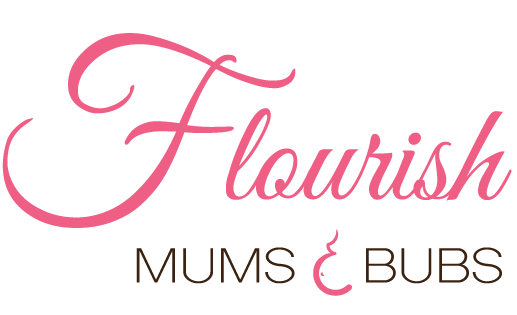Grace patiently waiting for her placenta that arrived 1.5 hours after birth
THE DYING ART OF NATURAL PHYSIOLOGICAL THIRD STAGE OF BIRTH
A physiological or natural third stage during birth means you wait for the placenta to be born naturally. After your baby's birth, your midwife will delay clamping the umbilical cord to allow oxygenated blood to pulse from the placenta to your baby. Meanwhile your uterus (womb) will contract, and the placenta will peel away from the wall of your uterus. The placenta will then drop down into your vagina, ready for you to push it out or alternatively get more upright for the placenta to fall out.
It’s very rare in hospitals in Australia to experience natural third stage unless you have pre planned and educated yourself on this subject. Third stage is routinely managed by quickly clamping and cutting the umbilical cord, administering a shot of Syntocinon (synthetic oxytocin) into the woman’s leg and pulling out the placenta quickly. This method of delivery of the placenta is considered to be the safest especially in a medical world centred around RISK MANAGEMENT.
Let’s briefly look at risk management and what it means.
Broadly defined, risk management includes any activity, process, or policy to reduce liability exposure. From both a patient safety and a financial perspective, it is vital that health centres conduct risk management activities aimed at preventing harm to patients and reducing medical malpractice claims.
Third stage comes with potential risk primarily postpartum haemorrhage and very rarely stubborn placentas that just don’t want to be born. Hospital birth procedure is to have greater control over these issues so they use synthetic oxytocin. Unfortunately, in my experience the use of synthetic oxytocin for third stage also comes with risks if women have birthed their baby’s naturally without the use of Synthetic Oxytocin during labour. I encourage my clients to birth their placentas naturally if they've had a natural physiological birth up to the point of the placenta being born.
Natural third stage can take time. While mum is left to rest and bond with her baby the hormone oxytocin is flooding her body. The oxytocin causes the uterus to contract which in time peels the placenta off and it falls to the bottom of the uterus. Once mum is upright the placenta will often fall out into the bowl you have ready. It's a lovely soothing feeling as the placenta leaves your body. The womb continues to contract on and off after birth. These first contractions seal off the exposed blood vessels and start the process of bringing the uterus back into its pre-pregnancy shape and size..
Hospital protocol can make the choice of a natural third stage challenging. Our local hospital permits women one hour for the placenta to be born. Like birth, every woman has her own personal experience and doesn’t always follow the textbook. I’ve had placentas arrive in 10 minutes and others take 2+ hours. As long as there’s minimal bleeding it’s safe to wait for your placenta. The calmer the environment and you remain skin to skin with your baby the more successful natural third stage will be.
It takes more effort to navigate natural third stage in the hospital but in my experience it’s well worth the wait. You can let your midwives know you wish to wait longer if the initial first hour has past and bleeding is minimal.
Please note, if you’ve had Syntocinon during labour it will be considered safer to use Syntocinon for your placenta as your own oxytocin receptors have been disrupted.
This photo is a client of mine waiting on her placenta which took 1.5 hours to arrive.






